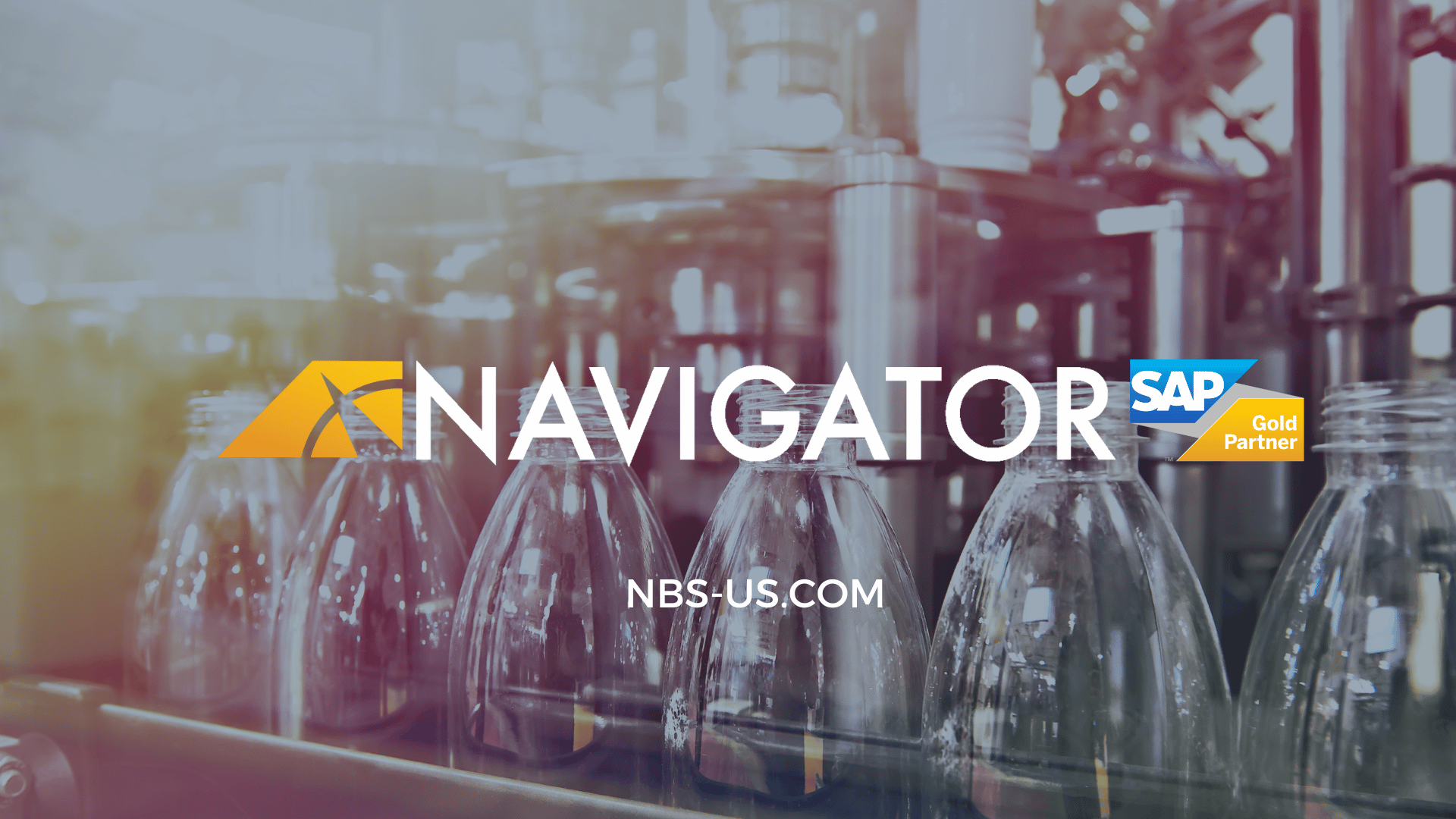
Maintain Food Safety Standards with the Help of ERP
When a manufactured food is purchased by a consumer, there is the expectation that the food product is safe and consistent. This safety and consistency is important for the reputation of the food brand in general, but it also is required for public safety reasons.
This public safety concern is why the U.S. Food and Drug Administration (FDA) requires that food manufacturing and dietary supplement businesses follow Current Good Manufacturing Practices (CGMPs), which help to ensure the safety of food and supplements.
These food safety regulations were codified into law by the FDA with regulations 21 CFR Part 110 in 1969, then modernized in 2015 with 21 CFR Part 117 and new requirements for hazard analysis and risk-based preventive controls which were issued as part of the implementation of the FDA Food Safety Modernization Act (FSMA). The FDA has CGMPs specific to certain types of food as well.
Food Standards that Manufacturers Must Follow
Broadly, there are 12 CGMPs that food manufacturers must follow according to FDA regulations.
1. Quality Management. Verifying that all food item processes meet quality standards.
2. Sanitation and Hygiene. Ensuring a hygienic environment throughout the food production facility.
3. Pest Control. Using proper storage and cleanliness to prevent pests in the production environment.
4. Suitable Facility Location. Choosing facility locations free of pollution and contamination risk.
5. Equipment. Meetings standards around storage and handling for production equipment.
6. Raw Materials. Ensuring suppliers and food ingredients meet safety and quality specifications.
7. Product Labeling. Accurately and completely labeling products with product name, identity, net weight or measure, and the name and address of the food manufacturer or distributor along with ingredients.
8. Storage and Transportation. Storing and transporting with the appropriate conditions necessary for safety and quality.
9. Personnel. Training in food safety and potential hazards for food manufacturing employees.
10. Validation and Verification. Tracing, verifying, and validation all food safety procedures.
11. Documentation and Record-Keeping. Fully documenting all process and food safety procedures for compliance.
12. Inspection and Auditing. Regularly inspecting operations to ensure that food manufacturing adhere to all safety regulations.
Meeting Food Safety Regulations with ERP
Adhering to the food safety regulations set forth by the FDA requires strict processes, record-keeping and visibly all along a food manufacturing operation. That’s why food manufacturers use enterprise resource planning solutions (ERP).
ERP is backend software that manages manufacturing operations end-to-end and encompasses all areas of a business from procurement and operations to finances, human resources and logistics. It brings together all data within an organization, ensures proper procedures are followed, and enables precise tracking. Without ERP, it is nearly impossible for food manufacturers to reliably adhere to food safety requirements. The use of an ERP is effectively specified in the regulatory environment for food manufacturers because regulatory requirements cannot be met without it.
Validating ERP for Food Safety Requirements
While all ERP solutions can meet the regulatory requirements set forth by the FDA, regulations require that a food manufacturer’s system is audited for proof that the system and processes are set up correctly. This is called systems validation.
The process of validating an ERP system for FDA food safety requirements consists of testing and documenting all relevant processes in the manufacture of food products, then having a third-party auditor verify that the processes and documentation are correct for meeting regulator needs. This audit is then submitted to the FDA.
The process of systems validation can be long or short depending on how well the ERP system is set up.
Reducing the Cost of Validation with Pre-Packaged ERP
One way that food manufacturers can speed up food safety compliance and cut the cost of FDA validation is through the use of a pre-packaged industry solution built specifically for these regulatory requirements.
Turnkey ERP solutions such as Navigator’s ERP Solutions for Food and Beverage Manufacturers come pre-configured for FDA requirements around food safety processes and validation. Instead of having to configure a system from scratch for the specific needs of food safety regulations, a pre-packaged ERP for food manufacturers is ready for FDA validation out of the box.
By having the system ready for FDA validation by default, food manufacturers reduce the risk of improper configuration and cut the time they must spend configuring the system and the time a third-party validation firm must invest in proving the system is configured correctly. This saves time and money, and it reduces ERP implementation headaches.
Learn More About Pre-Packaged ERP
Food manufacturers and distributors turn to Navigator Business Solutions when they need rock-solid backend systems that roll out quickly and meet FDA validation requirements.
Navigator has developed prepackaged industry solutions that support many of today’s leading life sciences companies, and we are an SAP Gold Partner with experience rolling out more than 500 ERP implementations for businesses worldwide.
To learn more about how we can help your life sciences business, check out our validation services or contact one of our experienced ERP consultants at (801) 642-0123 or by writing us at info@nbs-us.com.

